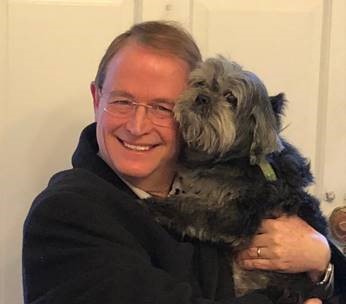On February 1st, my daughter called to tell me she was thinking about transferring schools. She’s a freshman in college. The news did not come as a surprise to me so I encouraged her to apply. “Wait,” she said. “First I have to make a list of pros and cons. I’ll text it to you in a few hours.” “Emily, the application is due tomorrow,” I yelled. “Forget the list- just do it!” We hung up on each other.
I have little patience for the thoughtful planning process. I prefer acting, often reacting. For instance, as strict and formal as my upbringing was at home, in school and at church, my daughter’s was intentionally informal. I refused to push manners or dress. I wanted my daughter to understand that it’s not about appearances but what’s on the inside. I didn’t care about her grades. I wanted her to value and love learning. But, most of all, I wanted Emily to know God, God’s unconditional love and grace. I wanted her to have a personal relationship with God. I wanted her to turn to God in times of trouble, in times of joy. I hoped she would get there through prayer; not the rote memorized prayers of my childhood but individual, spontaneous, relevant, daily prayer and I encouraged her as best I could.
I am not good at praying. We’ve been working on prayer in Sunday School. After modeling closing prayers, I started asking for volunteers. Initially, the same child raised his hand every week. He was a natural- a hard act to follow. Finally, in his absence, a different child raised his hand, only to promptly lower it and avert his eyes. “Think of prayer as a sandwich,” I encouraged him. “Dear God” and “Amen” are the bread. All you need is the middle and as long as it’s from your heart, it’s fine.” He still wouldn’t look at me. Thankfully, another child gave it a shot: Dear God, thank you for today. Amen. Short and sweet. Easy and inspirational.
I was certain this would encourage others- and it did! I had to wait a few weeks for my initially frozen second volunteer to raise his hand again, but it was worth the wait. Two weeks ago, he closed our discussion with: Dear God thank you for letting children have Sunday School. Amen. I was so proud and happy. This week, a once reserved girl ended class with: Dear God, thank you for your son, Jesus. Help us listen better to you and Jesus. Amen.
On February 2nd, I texted my daughter asking if she had submitted her transfer applications. Yes, she replied, because unlike you God was willing to listen to my lists. I probably should have felt hurt or guilty, but I didn’t. I felt good.
Julia



